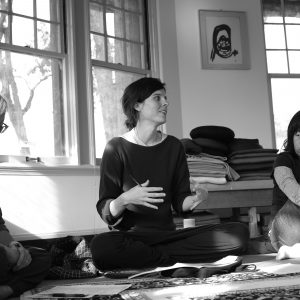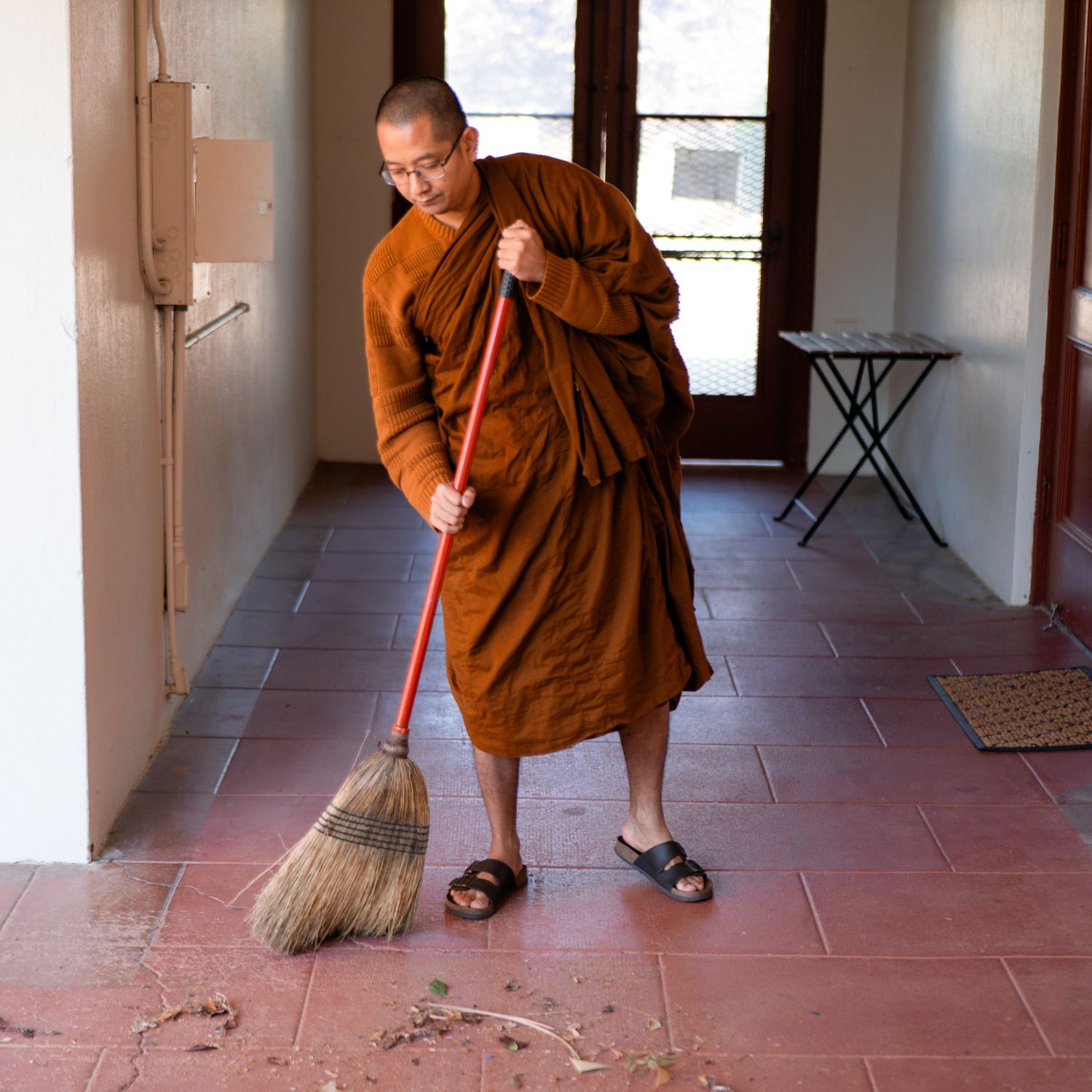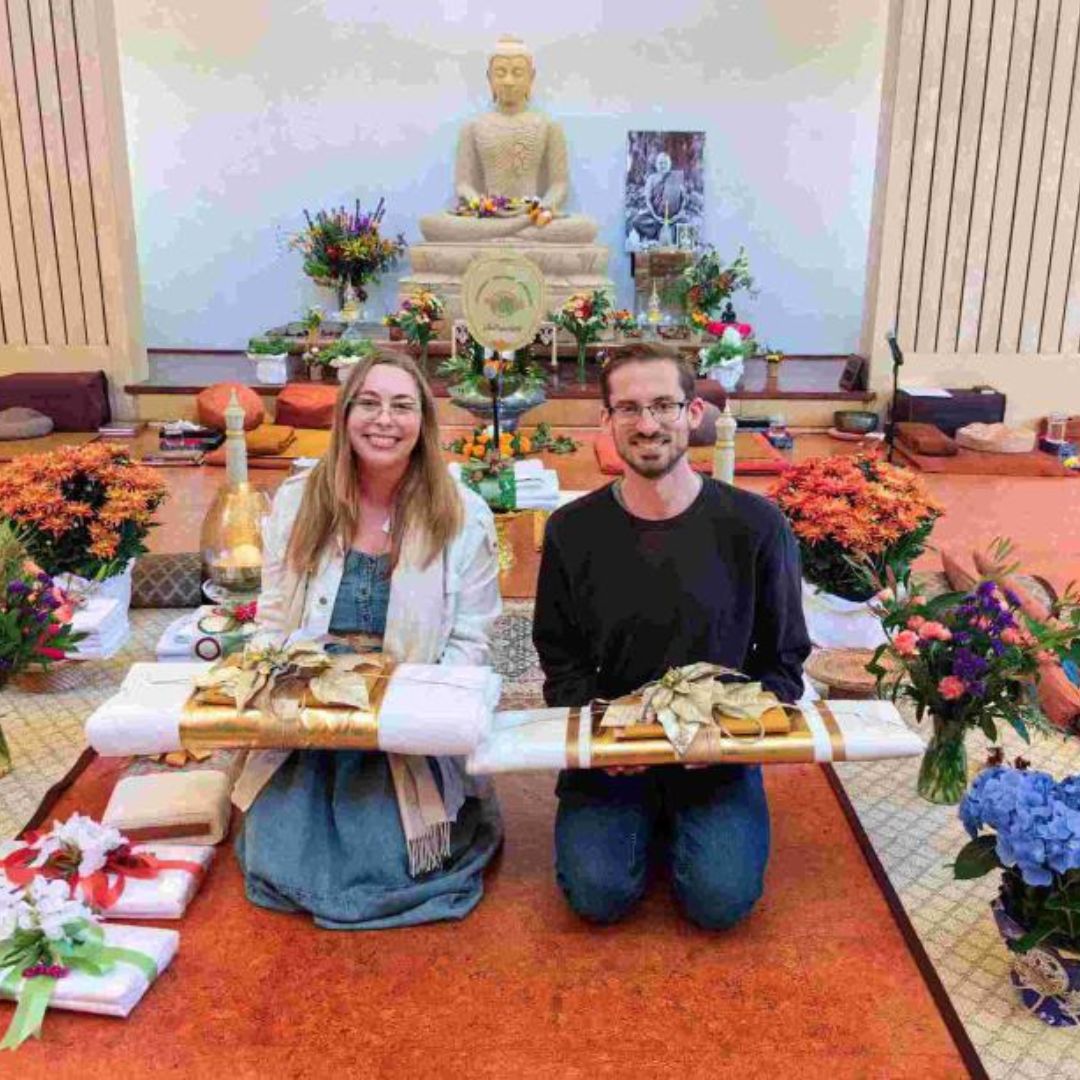
I wrote these thoughts during my first month of the DRBU MA program in September 2015. Over the course of the two years, my supposition about using the classroom to better understand my own afflictions proved useful. I share this for the incoming cohorts to consider as they begin their own work in the classroom.
As new students, we come into the program fresh and excited. We are looking forward to the new adventure and perhaps also apprehensive about the workload. Will we be able to keep up?
Over a month in now, we have had a lot of discussions amongst each other about the classroom dynamics. How do we make sure everyone gets a chance to talk? Am I talking too much? Are we getting what we should out of the class? Are we succeeding as a cohort or as instructors?
Feelings about class might also come out as judgements. For example: the class is moving too quickly, I don’t feel like I’m able to process it. Or maybe: I feel really bored in class, why aren’t the other students as prepared as I am to go deeply? Or: the teachers aren’t doing enough to lead the class, we aren’t getting the key points. The teachers are doing too much to guide us, we aren’t pushed to do it on our own. Why aren’t we sticking to the text more? The list goes on and is somewhat unique to each student.
Many of these concerns are relevant and important. Without feedback on the process, it wouldn’t improve and we couldn’t all adapt. However, I started to see that there is more going on than just trying to solve these things as group issues.
How we feel in class can be a profound window into self-examination. When looked at, our feelings, frustrations, excitements, and reactions are telling us about parts of ourselves that are hard to see, uncomfortable, and difficult to accept.
How we feel in class can be a profound window into self-examination.
Inherent in how we react to our fellow classmates and instructors is key information about how we see ourselves in relation to others and what we hope others see in us. Our expectations of what we’ll take away from the class tell us about our deeply held beliefs about productivity and success and how we evaluate them. The ways we think we ‘should’ read the text tells us how we relate to the world and how we think we need to be.
Whether we like it or not, we have to sit through each class facing these feelings and thoughts. In this way, the classroom is a pressure cooker for our character strategies and the areas of ourselves that are less conscious.
While it may be commonplace to think about how the class is going in terms of how much material we feel like we’ve learned or mastered, in many ways working on our frustrations is itself the deeper work. If we can’t move beyond how well the classroom dynamics are catering to our deeper ‘needs’, these thoughts and feelings will dominate our experience in the classroom, affecting not just our mood, but also our ability to deeply listen and contribute.
In deep listening, we open up possibilities. If we can listen to the other person, the possibility is there for them to be our teacher, as well as the opportunity for us to be theirs. The dynamics of the class offer the potential to develop our self-cultivation, pushing us to face ourselves and change in the process.


